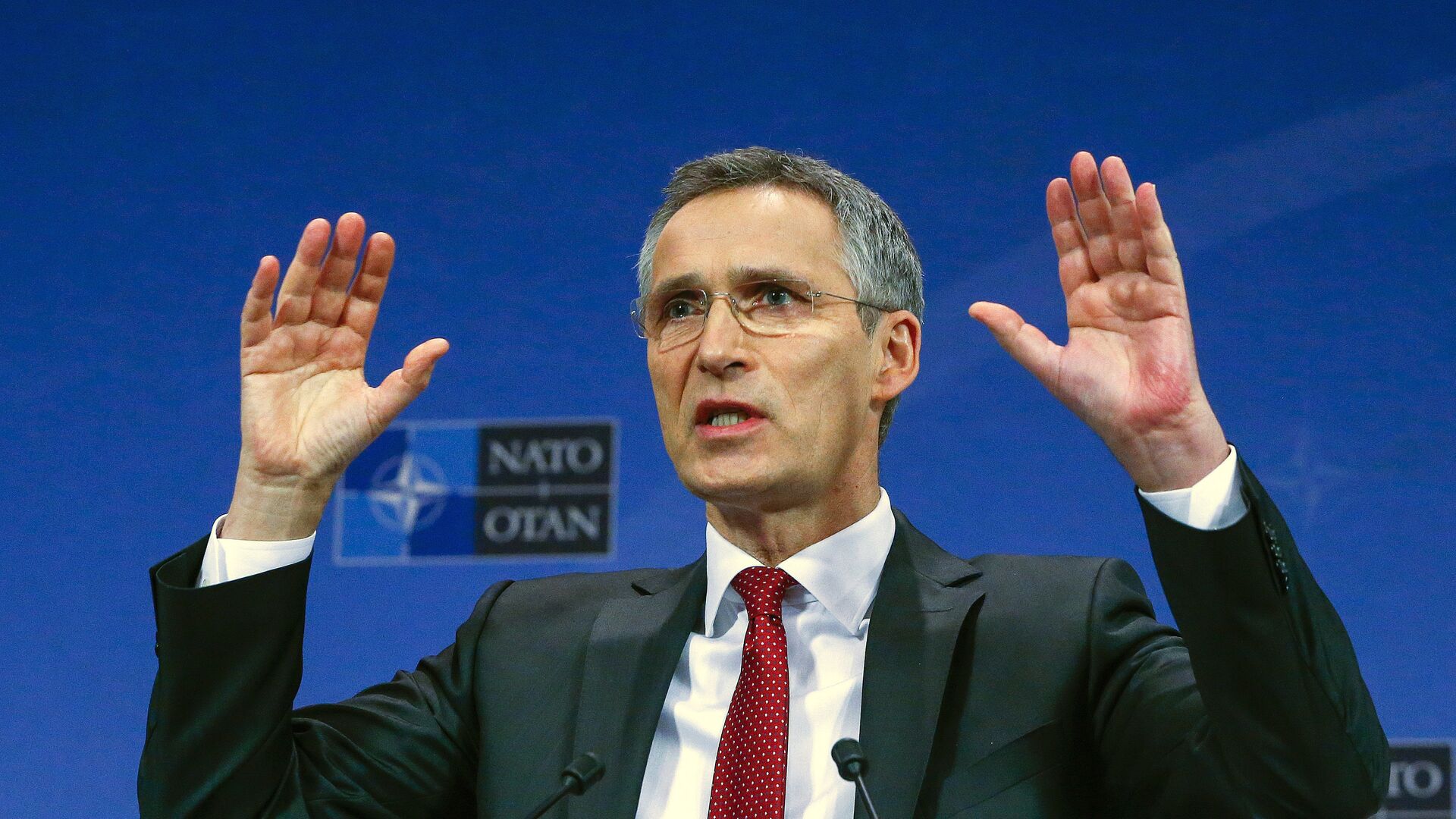Norwegian Parliament Questions If Jens Stoltenberg's Election as Central Bank Head Was Fair
05:19 GMT 09.02.2022 (Updated: 05:34 GMT 09.02.2022)

© REUTERS / Yves Herman
Subscribe
Norway's Central Bank, which manages the oil-rich country's gargantuan Petroleum Fund has so far steered clear of partisan bias. The appointment of Jens Stoltenberg with his firm ties to the ruling Labour Party is thus seen as particularly problematic and raises issues about the fairness of the recruitment process.
A number of questions for the government regarding the appointment of Jens Stoltenberg as the new governor of Norges Bank, the country's Central Bank, have arisen in the parliament's Control Committee.
The Control Committee has agreed to send letters consisting of 21 questions to Finance Minister Trygve Slagsvold Vedum of the Centre Party and Prime Minister Jonas Gahr Støre of the Labour Party about the appointment, the newspaper Nettavisen reported.
Committee leader Peter Frølich of the Conservative Party believes that the key question in the case is whether the very recruitment process was tilted in favour of Stoltenberg.
"I am very happy that the entire committee has gathered around the questions, which are pointed at both Vedum and Støre. The entire committee sees the benefit of these thorough questions being dealt with and answered by the government", Frølich said after a Control Committee meeting.
At the same time, Frølich emphasised that the next steps will be determined by the government's response.
Last week, Stoltenberg was presented as the new governor of the Central Bank. The appointment sparked controversy due to his previous jobs as Labour leader and prime minister, as well as his ties to a number of current government members, both as a former boss and colleague. Stoltenberg himself added fuel to the fire by declaring that he wouldn't resign from the Labour Party. Stoltenberg remained a member of Norway's largest party during his eight years as NATO secretary general, but did not hold office and wasn't active within the party.
According to Liberal MP Sveinung Rotevatn, this is a problem.
"We now have a Central Bank governor who is a member of the ruling party. Although it is of course no secret what Stoltenberg is standing for, this underlines the problem: We have, for the first time in modern history, a partisan politician as Central Bank governor. It shouldn't have happened, and it disappoints me that Stoltenberg does not seem to understand at all that this is problematic", Rotevatn told the newspaper Verdens Gang.
The Conservatives deputy leader, Tina Bru, concurred that it would have been wise for Stoltenberg to resign from the party.
"I think that if one is concerned with maintaining trust in the independence of the bank, then there could have been a simple way: to safeguard the independence by resigning from Labour", Bru told Verdens Gang.
"I think that if one is concerned with maintaining trust in the independence of the bank, then there could have been a simple way: to safeguard the independence by resigning from Labour", Bru told Verdens Gang.
Progress Party leader Sylvi Listhaug stressed the need to investigate given "the amount of camaraderie, dinners, and other things that became known in the process", adding that she is by no means surprised.
Norway's Central Bank has traditionally been independent of party politics and runs a plethora of issues from interest rates to the investments of the country's Petroleum Fund, the largest sovereign fund in the world.
Jens Stoltenberg is a member of the prominent and well-connected Stoltenberg family that has long been a fixture in Norwegian politics. It includes his father Thorvald, a well-known Labour politician who also served as an ambassador, defence minister, and foreign minister, and his mother Karin who served as a state secretary in multiple governments during the 1980s. Stoltenberg himself has been prime minister and led Labour for a decade before becoming NATO secretary general in 2014.
